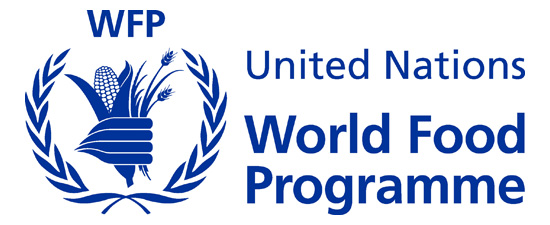The United Nations World Food Programme (WFP) has welcomed a donation of 5,000 metric tons of rice from the Government of Nigeria. This will help feed nearly half-a-million internally displaced people in the conflict-ravaged northeast of the country, where the threat of famine endures.
WFP has already begun moving the first batch of donated rice – and expects a further2,000 metric tons of millet pledged by the Nigerian authorities.
“As a responsible government, the Federal Government of Nigeria, in recognition of the efforts of humanitarian actors and the need to ensure food security for the people affected by insurgency in the north east, has not only approved the distribution of 35,905 metric tons of grains to the people, but has also approved the release of 5,000 metric tons of rice for distribution by World Food Programme (WFP) in some communities affected by insurgency,” said Mustapha YunusaMaihaja, Director General of Nigeria’semergency relief agency, NEMA.
Since launching operations last year, WFP has rapidly expanded its offer of food, nutrition and cash to reach more than a million people a month. Having overcome a funding challenge, it has nowset its target at 1.36 millionpeople during the current pre-harvest lean season, the hungriest time of the year.
“This donation once again testifies to the quality of relations between WFP and Nigeria,” said Ronald Sibanda, WFP’sinterim Country Director. “Our partnership with the Government’s specialized emergency agencies, both at the federal and state level, have been crucial in allowing us to assist those who need it most.”
As part of a US$100 million contribution to WFP’s Nigeria response, the United States will cover the associated costs of getting the donated rice to those displaced in the hardest-hit states of Adamawa, Borno and Yobe.
Nigeria’s crisis has spilled over borders, leaving millions in the broader Lake Chad Basin region uncertain of where their meal is coming from. Experts have warned that without sufficient and timely humanitarian assistance, northeast Nigeria risks tipping into famine.











































